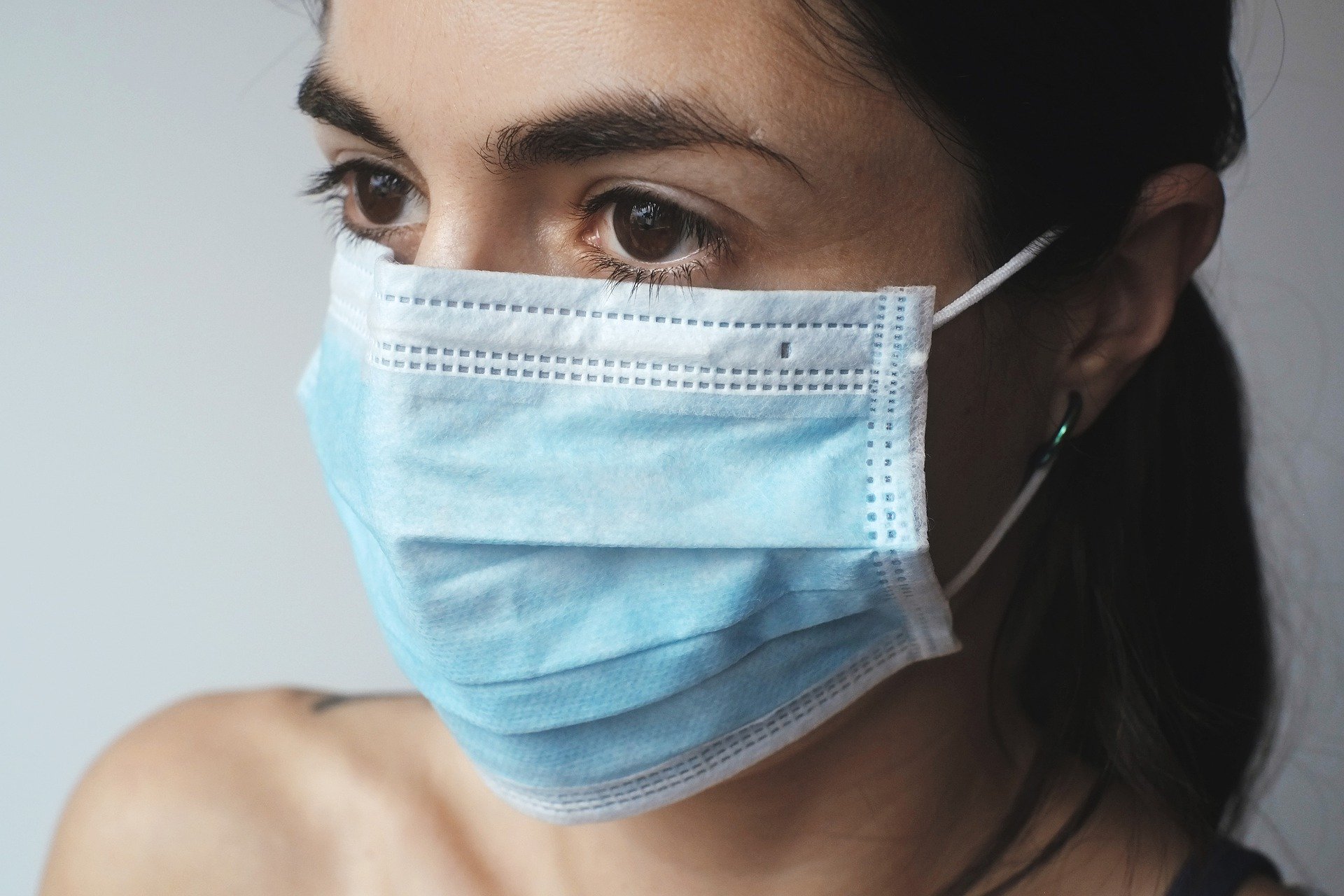The coronavirus pandemic severely restricted our ability to care of ourselves. Not only do we spend less time moving and participating in sports, which contributes to mass weight gain, but we also have restricted contact with doctors or avoid them out of fear of infection. Many patients also postpone routine tests such as morphology, lipid or glucose control.
Experts are warning that this could cause a wave of deaths associated with the development of diseases, particularly cardiovascular diseases, as well as the exacerbation of chronic diseases. This is especially dangerous in the era of the pandemic, when we should pay special attention to our own and loved ones’ health – the coronavirus is especially dangerous for people with comorbidities.
The Risk Of A Severe Infection Increases As One’s Health Deteriorates.
In 80% of patients, COVID-19 infection is thought to cause mild symptoms similar to a cold or flu. Furthermore, other infected people increase the risk of infection exponentially. They need to be admitted to the hospital due to breathing difficulties, pneumonia, and the possibility of respiratory or multi-organ syndrome. The latter is particularly hazardous.
So, who is most at risk of severe virus infection? Seniors and people with comorbidities are among them (that is, the occurrence of two or more diseases in one person). When a coronavirus infects a patient, the risk of severe infection, hospitalization, the need for a respirator, and death increases. It’s also worth noting that poor health increases your chances of developing complications such as sepsis, pulmonary fibrosis, pulmonary embolism, ischemic stroke, heart failure, or acute kidney damage.
Diseases That Increase The Risk Of COVID-19 Mortality
The Centers for Disease Control and Prevention’s (CDCP) list of diseases that increase the risk of severe COVID-19 infection now includes a slew of new ones. Cancer, HIV infection, heart disease, overweight and obesity, anemia, tuberculosis, chronic lung disease, chronic kidney disease, chronic liver disease, neurological diseases, diabetes, stroke, Down syndrome, and a weakened immune system are just a few examples.
The recent addition of mood disorders to the list is both interesting and significant. As a result, those who suffer from schizophrenia, depression, or bipolar illness are more likely to experience negative effects from a COVID-19 infection. How is this possible? Given that chronic mental illnesses are known to lower immunity, it is not surprising that they can act as a „gateway” virus, allowing the virus to spread throughout the body.
Depression is a serious concern in and of itself, as it affects 264 million people worldwide, the majority of whom are women. Unfortunately, we are in a vicious circle because the coronavirus pandemic has contributed to an increase in the incidence of depression – 53 million new cases are expected to be reported worldwide by 2020!
Stay Healthy During The Pandemic
Medical professionals caution that just because we are battling the coronavirus does not mean that other illnesses are passively waiting for the epidemic to conclude. Thus, maintaining good health is crucial to lowering the chance of infection and, in the event that it does occur, battling the illness as soon as feasible.
Additionally crucial are the management of chronic conditions and health promotion measures including immunization, good hygiene, an active lifestyle, and avoidance of crowded areas of people. In the event of a pandemic, both are essential since a healthy body is much better able to fight against and get rid of the virus. It should be emphasized that missing important tests or failing to treat an illness that has already been diagnosed can cause health to deteriorate, the disease to progress, and make subsequent treatments more difficult.
The majority of people over 80 who die from the COVID-19 virus are believed to be elderly people who are unwell, fragile, and/or have insufficient immunity. It’s crucial to remember, however, that the coronavirus has also been responsible for the deaths of other people. Many people in their 20s and 30s are uninformed about their health, and because they downplay their symptoms, they often aren’t aware that they have chronic diseases like diabetes or COPD. Even though they don’t plan on it, these people frequently need to be hospitalized for COVID-19 infection. For some of them, the virus-host contact becomes fatal.




